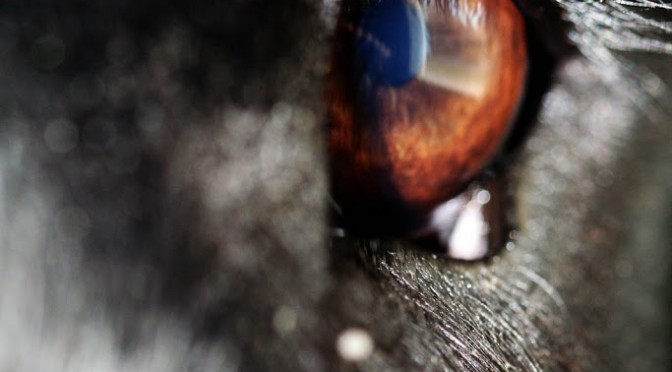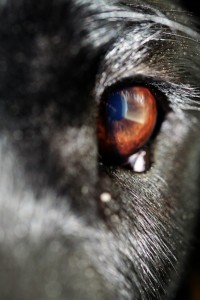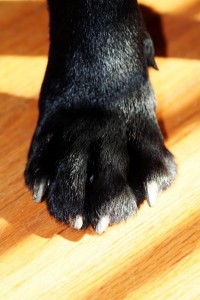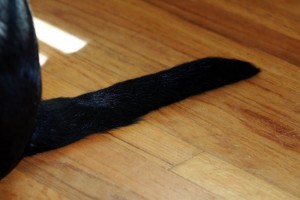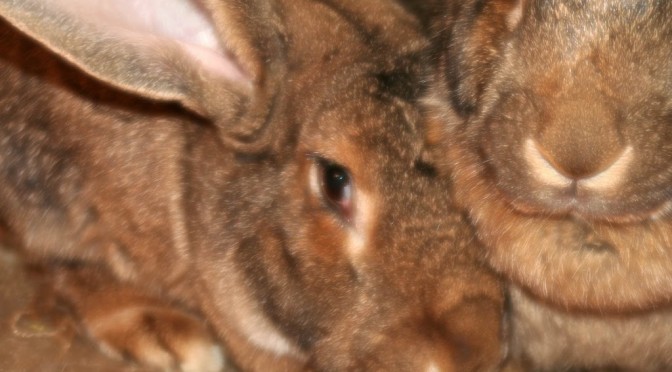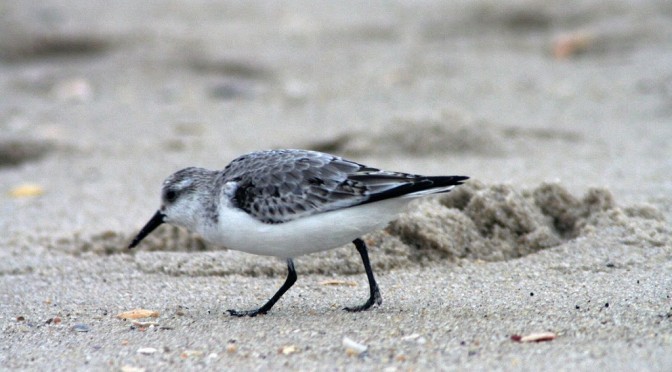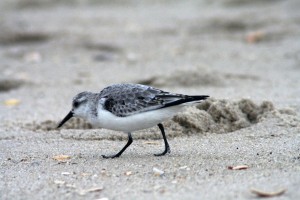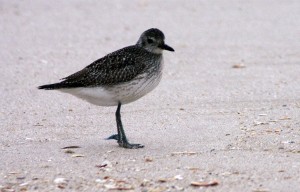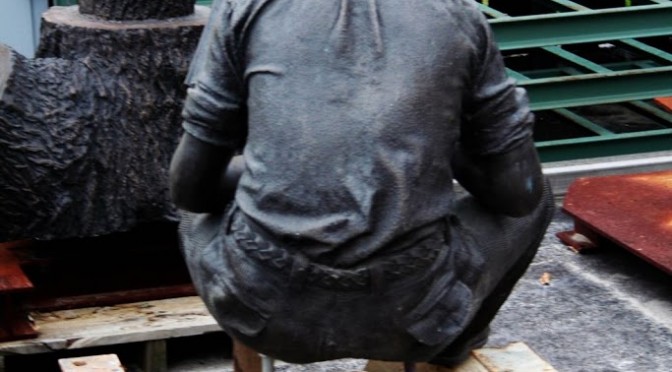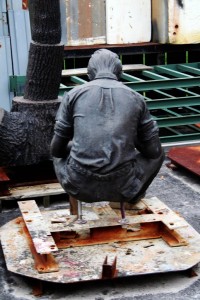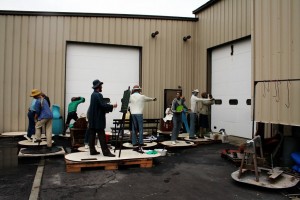It’s not easy to feel pity at the age of ten. You might feel admiration or fear, amazement, or scorn. But pity is an adult emotion, a little worn out, like a grown-up’s heart. At ten, you love just about anything madly; the grass, the air, a friend, your very own hands. You don’t pity anything, not even yourself.
I felt pity once when I was nine. I remember it with such clarity that sometimes the same sour and unpleasant sensation shakes me like a bolt of lightning. It wasn’t a conscious pity, like what I’m capable of now, but I know that it was as sharp and deep as a voice that shakes the branches of a tree so delicate and green that anything could shatter it.
Behind our house, high in the mountains, were the Sestil caves. Those high reddish cliffs, like castles or gigantic fortresses, inspired a respect in us at dusk that felt like fear. We liked fear. We, and I dare say the majority of kids in the world, liked to be afraid. We climbed up slowly, our skin covered in goosebumps from the breeze of the advancing night. We trembled as we arrived at the mouth of the caves because a dark moistness hung in the air there and that great coldness that surrounds the unknown. Fear, the great fear of who-knows-what.
The bats lived there, hanging upside down in bunches. There is nothing that a country child hates, save for wolves, more than bats; they are the image of satan since time immemorial. We had caught that hatred, even though we only half understood it. Perhaps only in the spirit of imitation; that need we all have to not stand out; that thing that makes us do the same things as other kids. My brothers went into the cave with sticks… those long hazelwood branches that now, in the hands of other children, fill me with a strange nostalgia.
I knew what they were doing, but one day I saw it for myself. The older boys brought out a bat, suspended by the tips of its wings, spread like a fan. They were a group of six or more and, fascinated, I followed them. They crucified the bat and they tortured it. With a burning cigarette they forced it to smoke, they burned it and they cursed it with great hatred. They said things like, “Take that damned satan!”
Finally they left it alone and went on their way. Someone was coming or had called them. The animal was in front of me, nailed to the trunk of a black poplar with its wings spread wide, still alive. Suddenly, my fear and unhealthy curiosity disappeared, along with the old-fashioned hatred that had filled me. Something broke inside me: ideas that had been accepted without knowing how or why, slogans of good and evil, of justice, of what should and should not happen. I felt something so dark and intense that it made me remove the nails from the bat, screaming, overcoming my disgust, my fear, and my own self-pity. I left it stretched out in the wet grass and went far away to cry without knowing why.
Julie’s last couple posts about the discovery of a red bat she had the pleasure to share with some Ohio schoolkids reminded me of this, written years ago and based ever-so-loosely on Ana Maria Matute’s “Los murcielagos”. Yes… the tone is dark, as in so many of her stories of children, but the message is always one that I find uplifting.




